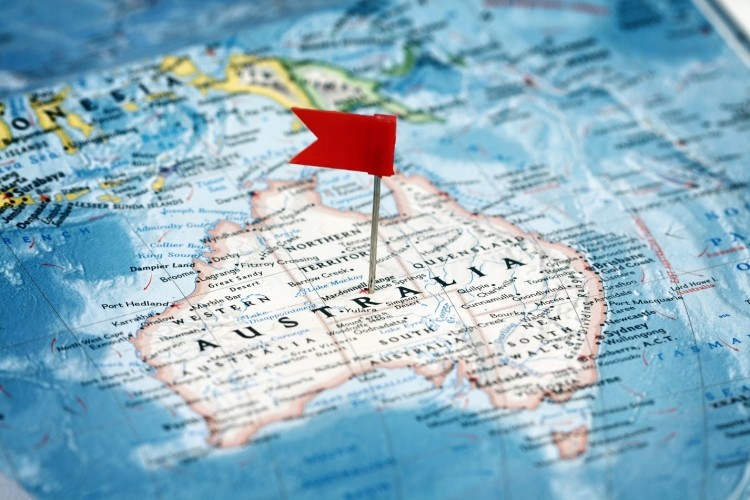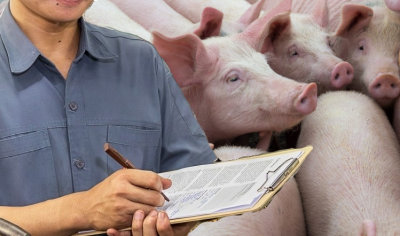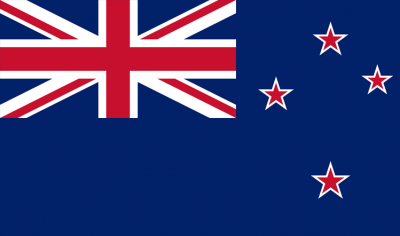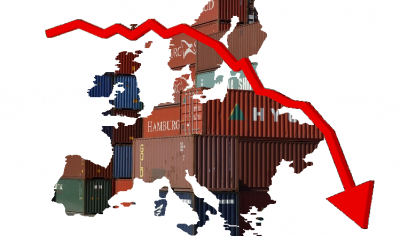Australia-UK free trade agreement
UK lamb producers vulnerable to Australia-China spat

An Aussie-UK free trade agreement (FTA) was clinched in June. Many in the food industry cautiously welcomed the news, which meant tariffs would be scrapped on all UK exports to Australia. In particular, British Frozen Food Federation chief executive Richard Harrow speculated that it could offer considerable opportunities for frozen food manufacturers.
However, a Horizon Report just issued by AHDB highlights that UK producers could be hit by the fallout of a spat between Australia and China.
Commenting on the report, AHDB head of strategic insight David Swales said China was an important export market for Australia, particularly for lamb and that could pose an indirect risk to the UK. "One of the things we highlight in the report is the potential for a bit of a shock here. We know Chinese and Australian relations are not at an all-time high at the moment. There's some tensions there.
'Big shocks'
"If there were to be a breakdown in relations and China were to cease allowing Australian imports of sheepmeat, Australia would have an awful lot of sheepmeat they would need to find a home for. It's possible the UK would be one of the markets it would be looking to send more sheepmeat to. There's potential for big shocks and deviations to occur, which could mean more of an impact on our domestic market."
Any surge in Australian lamb imports into the UK would pose a threat because Australia could outcompete domestic producers on cost of production. Its farms were much larger and due to the favourable climate, the cost of housing livestock in winter was less of an issue.
AHDB recognised the Government had powers under the terms of the Agriculture Bill to intervene to protect UK producers in the event of big market shocks by limiting import quotas. That said, Swales said the quotas were set so high that there would have to be 'a pretty phenomenal impact' for them to meaningfully limit trade.
Assuming no such upheaval, modelling undertaken by Harper Adams University suggested the FTA's impacts on UK sheep producers would be negligible because of the overall import/export trade balance.
"Our model suggests there will be an 81% increase in Australian lamb exports to the UK. That's big in percentage terms, but in volume it comes up to about 10,000 tonnes of extra product coming into our market." Those imports would also be competing with existing imports, with a resulting drop in imports from the EU. "As a result, we think the changes in our domestic market will be relatively small."
Dairy potential
The FTA offered the greatest opportunities to UK dairy producers, said Swales. There was potential for increased trade in dairy produce in both directions. Australia produces 9m tonnes of dairy a year, but that has been declining steadily in recent years. It exports some cheese, but also imports cheese and butter. "This is another one where there may be some potential for the UK to get access to their market."
The Harper Adams modelling suggested the UK could face a net increase of 1,000 tonnes of Australian cheese imports into the UK. "But this is one where the net flow is in the other direction, so we're expecting 2,600 tonnes of cheese to go in the opposite direction."
Beef: higher value cuts
Turning to beef, Swales said Australia was a big producer, generating 2.3m tonnes annually, with the bulk of that exported. Australia already exports beef to markets delivering good returns, such as the US and Japan and was unlikely to tinker with that model. In addition, it would struggle to compete with existing low value beef, such as minced beef, imports to the UK, for example from Ireland.
However, Australia could target the UK with high value cuts, potentially for the foodservice sector. That in turn could have a disproportionately negative impact on domestic suppliers, as a lot of carcass value comes from the higher value cuts.
Based on the Harper Adams modelling, there would be a net increase of more than 200% in Australian beef imports into the UK (12,000 tonnes). "The model predicts some of that will be offset by a reduction in our imports from the EU. We don't expect there to be many offensive opportunities for beef into Australia."
Pork
Australia had a much smaller pigmeat market and was a net importer, potentially offering the UK opportunities, Swales said. However, that could be limited by strict phytosanitary rules requiring pigmeat to be cooked soon after entering the market. "Because of that virtually all of Australia's imports are frozen and they tend to import most of their pigmeat from the US, Denmark and Netherlands."
The AHDB's report is the first quantitive impact assessment of the Aussie-UK trade deal. UK and Australian governments have worked on their own analyses, but have deemed the results 'too sensitive to publish' as yet according to Swales.
















